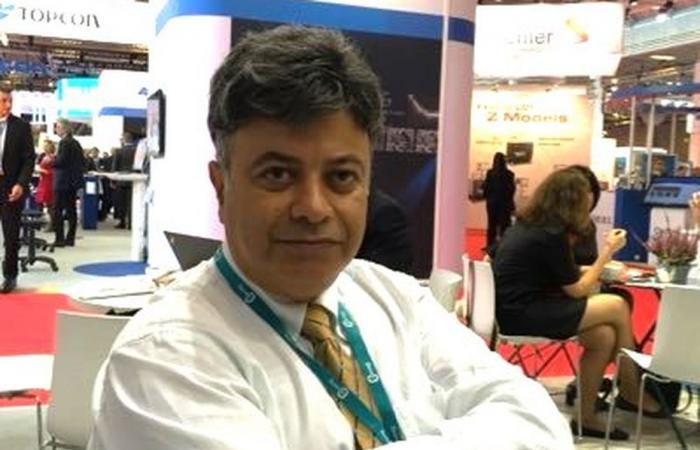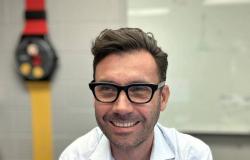The foundation that had invited the internationally renowned professor reported the theft in Castelló, south of Tarragona, Spain, and valued the material at more than 15,000 euros.
He is a big name in the world of research and bio-innovation. A Swedish scientist of Iranian origin, was the victim of a robbery on the AP-7 near Castelló, south of Tarragona. Ten prototypes of artificial corneas were stolen from him; they were intended for experimental transplants on people with visual impairments.
This is Mehrdad Rafat, director of the company LinkoCare AB and lecturer at the University of Linköping in Sweden. The latter was on a professional visit to share his innovation in Catalonia and the Valencian Country, invited by the Punt de Vista Foundation which was to award him a prize for his research.
The theft occurred on June 20, as reported by the local Tarragona press. LDr Rafat and his family were traveling in their car from Barcelona to Valencia, Spain, when they stopped at a gas station.
According to the story of the Punt de Vista Foundation, which had invited the eminent Swedish professor for his research on blindness, a tire was then punctured at this location, but it was only after he got back behind the wheel on the highway that he realized it. The professor pulled over to the side of the road, and that’s when a vehicle that was following them stopped behind them. The occupants got out, pretended to help them, then grabbed their suitcases before fleeing. A scam that has been well-established for several years on this highway and whose number of victims is countless.
Gabriel Mattioli, director of the Catalan Foundation Punt de Vista, told the Europa Press agency that in one of his suitcases Dr. Rafat was carrying prototypes of artificial corneas, valued at more than 15,000 euros. An investigation is underway to recover them, as the corneas are “the result of 23 years of research”. “The cornea prototypes developed by Rafat represent an opportunity to restore sight for many patients.”
Doctor Merhdad Rafat was invited by the Catalan Punt de Vista Foundation for his research on blindness and ways to offer an alternative to corneal transplantation.
•
© Punt de Vista Foundation
Fortunately, the research was not lost with the theft of the prototypes; others exist. These artificial corneas, made from collagen, are in the process of obtaining approval from health agencies to be able to be marketed. According to the president of the foundation, Rafat’s artificial corneas represent “extremely innovative technology” which can revolutionize this type of graft.
The implant mimics the human cornea and is made of collagen proteins from pig skin.
•
© Thor Balkhed
Researchers and entrepreneurs, including Dr. Rafat, have produced a collagen protein implant from pig skin that mimics the human cornea. In a pilot study, the implant restored vision in 20 people with corneal disease, most of whom were blind before surgery. The study was led by researchers from Linköping University and LinkoCare Life Sciences AB and is published in the journal Nature Biotechnology. The initial results are promising and offer hope to visually impaired and blind people whose disability is linked to corneal dysfunction. The bioengineered implant may thus represent an alternative to transplanting donated corneas, which are in severe shortage in countries where the need is greatest.
An estimated 12.7 million people worldwide are blind due to corneal deficiency.
•
© CARO LAURENT / MAXPPP
An estimated 12.7 million people worldwide are blind due to corneal deficiency. Their only chance of regaining their sight is to receive a transplant from a human donor.
But it turns out, according to studies, that only one patient in 70 can benefit from a transplant, often due to a lack of donors. Additionally, the majority of those requiring corneal transplants live in low- and middle-income countries, where access to treatment is very limited.






